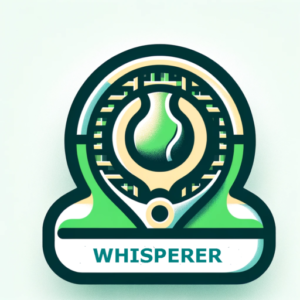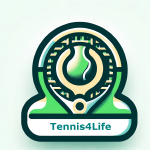Listen to Your Body
What It Really Means If You’re Sore After Tennis
There’s a common myth in the tennis world: if you’re not sore after training, you didn’t work hard enough.
But that simply isn’t true.
While occasional soreness is normal—especially after introducing something new—it’s not a reliable measure of progress. In fact, using soreness as your benchmark can lead to overtraining, poor recovery, and inconsistent results.
Dr. Cedric Bryant, president of the American Council on Exercise, explains it best: you can build strength, speed, and precision without being sore. Many elite tennis players train hard daily with little or no soreness. That’s not because they’re coasting—it’s because their bodies are trained to handle the workload efficiently.
What Soreness Actually Means
Muscle soreness (DOMS) is caused by microscopic tears in muscle fibers. It’s most common when your body faces an unfamiliar challenge—like a new set of lateral footwork drills or playing back-to-back matches after a break.
But soreness isn’t required for improvement.
As your training becomes more structured and consistent, your body adapts. You recover faster. You move better. You stop feeling sore—and that’s a good thing.
How to Measure Progress in Tennis Training
Instead of using soreness as a marker, look at your on-court development:
-
Are your cross over steps sharper and more automatic?
-
Can you handle long baseline rallies with better recovery?
-
Are your directional changes quicker and more controlled?
-
Do you feel more stable when hitting under pressure?
These are the real signs that your training is working.
What to Do If You Are Sore
Soreness isn’t the enemy—but it should be managed:
-
Hydrate well, especially after intense or outdoor sessions.
-
Use active recovery: yoga, light hitting, or dynamic stretching..
-
Try gentle massage or cold-water immersion for muscle relief.
-
If your movement quality is compromised, scale back or rest.
The goal is to stay available for the next session. Being too sore to play is counterproductive.
Tennis Play Should Prioritize Consistency
At a high level, tennis is about precision, recovery, and staying sharp. Training should leave you ready to improve again tomorrow—not wrecked for three days.
If you’re walking off court with energy, clarity, and focus, that’s a sign your body is adapting the right way.
Want to train smarter, not just harder?
Read more about micro dosing tennis intensity and how it builds long-term performance without constant fatigue—in our earlier post.




